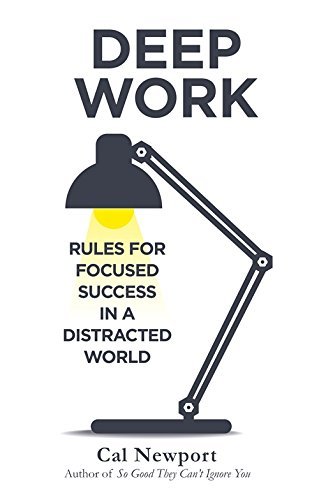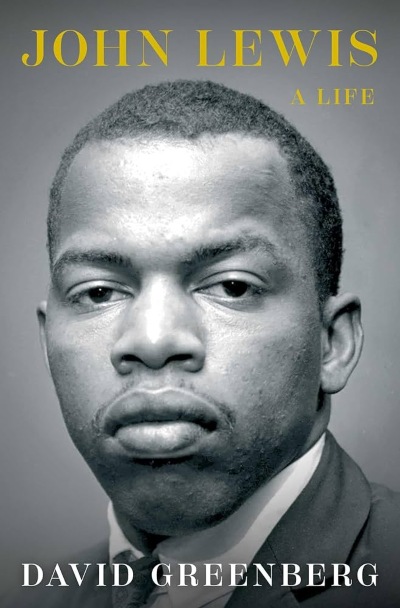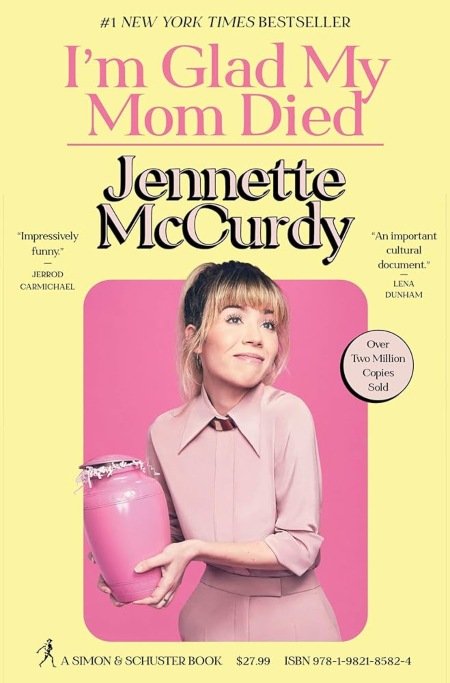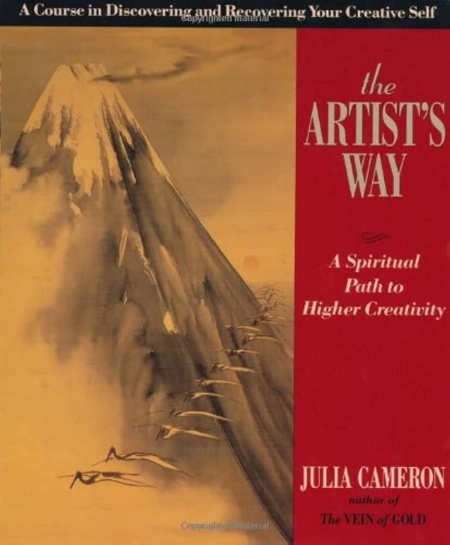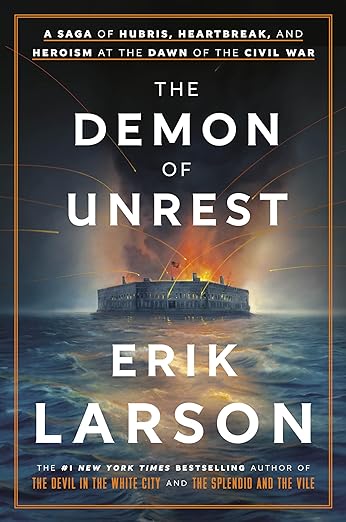Father and Son, Jonathan Raban
In Father and Son, Jonathan Raban crafts a moving memoir that explores the complex relationship between himself and his father, shaped by war, silence, and the passage of time. Through reflection and contemplation, Raban delves into how the unspoken legacies of one generation can profoundly impact the next.
Father and Son by Jonathan Raban is an emotionally charged memoir that delves deep into the complexities of fatherhood and familial bonds, and the weight of legacy. The author weaves together his personal experiences as a son and a father, while also offering reflections on his fathers life during WWII.
As Raban navigates his own struggles with illness and aging, the memoir captures the cyclical nature of life. It explores how the past shapes the present and how unspoken legacies are passed down through generations. This book review breaks down some of the book’s most compelling themes and insights into four key sections.
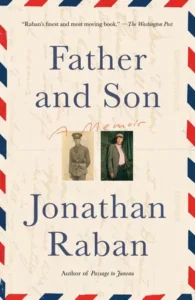
The Two Parallel Journeys
At the heart of Father and Son lies a dual narrative. Jonathan Raban intricately weaves his own experiences as a father with the story of his father, who served as a chaplain during World War II. These two journeys, while separated by time, resonate with one another, illustrating the universal themes of fatherhood and duty.
The narrative structure allows readers to see how the experiences of one generation ripple into the next, shaping decisions and perceptions. The contrast between Jonathan’s life as a modern father and Peter’s wartime experiences creates a rich tapestry of human struggle. In many ways, the memoir is a meditation on how our parents’ lives shape our own, often in ways we don’t fully grasp Immediately.
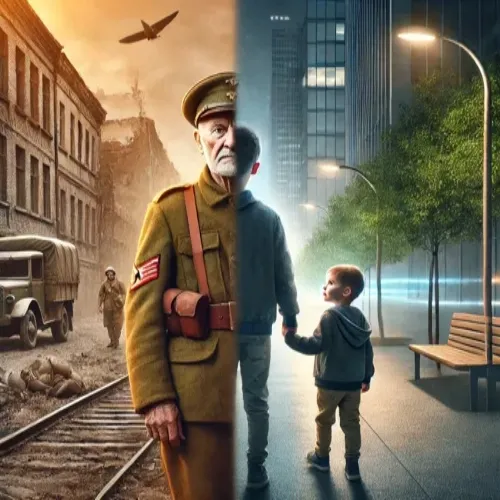
Key aspects explored in this section include:
- Fatherhood: Jonathan reflects on the influence of his father’s reserved, stoic personality and its impact on his own approach to parenting.
- The Impact of War: Peter’s experiences as a chaplain during World War II were marked by trauma and emotional suppression, which affected his relationship with his family.
- Generational Trauma: The emotional toll of the war left lasting imprints on Peter, which, in turn, influenced how he related to Jonathan.
- Parental Expectations: Jonathan wrestles with his father’s expectations of him, constantly striving to live up to Peter’s ideals, while also trying to forge his own path.
- Aging and Mortality: Jonathan’s reflections on his father’s aging and his own struggle with illness create poignant parallels between them.
The themes explored in this section set the tone for a memoir that blends personal reflection with historical insight. It succeeds in offering readers a thoughtful look at the ways in which the past shapes the present.
Quote on Fatherhood and Regret
One of the most striking quotes in Father and Son reads:
“It was only after becoming a father myself that I truly understood the depth of my father’s silences.”
This section of the book delves into the emotional distance that often exists between fathers and sons. Jonathan grapples with understanding his father’s reticence and realizes that his father’s stoic demeanor stems from his experiences during the war.
The war not only shaped Peter’s life but also left an indelible mark on his ability to connect with those around him. Jonathan comes to understand that his father’s silence was a form of emotional survival, a way of coping with the horrors of war. This section reveals how, as adults, we often come to understand our parents in new and unexpected ways. Especially when we find ourselves in similar roles.
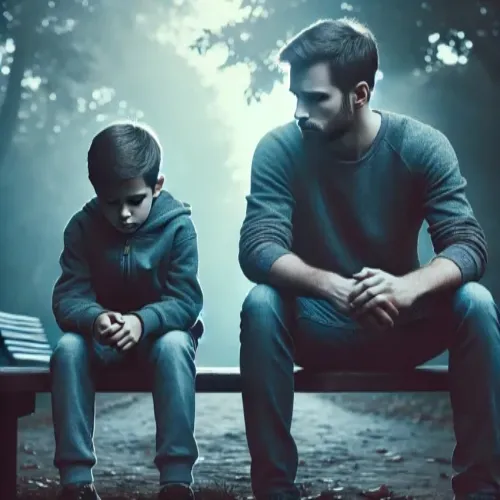
War, Religion, and Legacy
Much of Father and Son is dedicated to exploring Peter Raban’s role as a chaplain during World War II. The trauma he experienced during the war profoundly affected his personality, his faith, and his relationship with his family. Through his father’s letters and journals, Jonathan pieces together the impact of war on Peter’s moral and spiritual outlook.
Key points discussed in this section include:
- Peter’s Role as a Chaplain: Peter, as a chaplain, provided spiritual guidance and comfort to soldiers amid unimaginable death and destruction..
- Moral Dilemmas: Peter grappled with the ethical and spiritual challenges, especially reconciling his faith with the brutal realities of combat.
- Post-War Struggles: Upon returning home, Peter found it difficult to reintegrate into civilian life. The emotional armor he built during the war remained, preventing him from forming deeper connections with his family.
- Generational Legacy: The emotional distance that Peter maintained throughout his life. Likely a byproduct of the war, became a defining feature of Jonathan’s perception of his father.
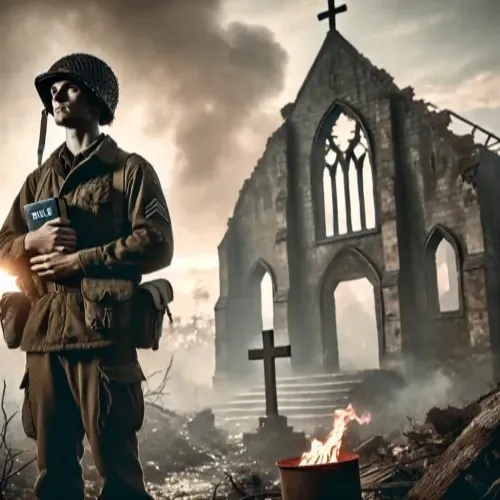
This section of the memoir provides readers with a deeper understanding of how war, religion, and duty intersect. Additionally, it looks at how these forces shape the relationships between parents and children. Moreover, the exploration of Peter’s spiritual and emotional journey during and after the war adds a poignant layer, underscoring the weight of legacy.
Quote on Silence and Understanding
Another poignant moment in the memoir comes when Jonathan writes:
“In the silence of my father’s eyes, I found the answers to questions I hadn’t yet asked.”
This quote encapsulates the theme of unspoken understanding that runs throughout Father and Son. As Jonathan confronts his own mortality and illness, he reflects on how his father’s life has influenced his own. The memoir shifts from a narrative about Peter to one about Jonathan’s own journey of self-discovery and acceptance.
The bond between father and son is revealed not through words, but through shared experiences and emotional resonance. Jonathan begins to realize that his father’s life, marked by emotional restraint, was not devoid of love or meaning. Rather, it was a reflection of the times and circumstances in which Peter lived.

As Jonathan grapples with his own declining health, he draws strength from his father’s resilience. The memoir becomes a meditation on the nature of life, the legacy of illness, and the ways in which the roles of parent and child shift with time.
The Cycle of Life and Legacy
The final chapters of Father and Son bring the narrative full circle. Jonathan Raban reflects on his own mortality and his father’s legacy . The memoir’s contemplative tone becomes even more pronounced, as Jonathan draws parallels between his experience with illness and his father’s physical decline.
In this final section, Jonathan comes to terms with his father’s influence on his life. He acknowledges the weight of familial expectations but also finds peace in understanding his father’s struggles. The cycle of life continues, and Jonathan’s reflections leave readers with a sense of closure and acceptance.

